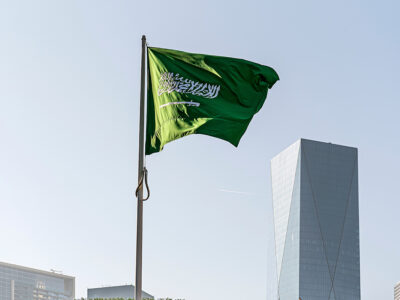The Central Bank of Bahrain (CBB) plans to implement an overhaul of its liquidity management rules for banks during the fourth quarter, and will offer grace periods to banks to comply, an official said on Wednesday.The CBB, which oversees a regional banking centre catering mostly to the oil wealth accumulated in the region, is currently in a consultation process with banks on the new rules. “We plan to issue it before year-end,” Khalid Hamad, executive director for banking supervision at the CBB, told Reuters in an interview.
He said the CBB was in the process of reviewing banks’ responses, after which the regulator would decide whether to issue the new rules straight away or call for another consultation round.
Hamad said the CBB had started to draft the new rules in early 2006, but put the development of its regulatory framework on hold when the financial crisis hit, to focus on managing its impact on Bahrain.
He said the new regulations mainly served to formalise liquidity ratios that the CBB had used before.
“Most of the tools that are introduced in that document, we’ve been using them in our supervision,” he said.
He said the only lesson the CBB had drawn from the financial crisis was to differentiate between retail and wholesale banks in its liquidity management rules. The CBB terms as wholesale banks Bahrain’s off-shore banking sector, while the retail banks are mostly catering to the local economy.
“The retail banks, they sit on stable deposits, but the wholesale don’t have this … they rely on their equity and wholesale funding and, from time to time, bonds,” he said.
Regulators worldwide have reviewed regulations in the wake of the financial crisis and are looking at proposals for higher liquidity ratios, which could dampen lending and investment.
Part of the new regulations is the introduction of a loan-to-deposit ratio of 75 percent.
Hamad said the CBB so far has mostly applied a 60 to 65 percent range for the ratio, while some banks without large investments outside loans were given a 70 to 75 percent range.
He said banks could achieve the new ratio over a grace period in consultation with the CBB, as during the financial crisis ratios rose beyond those limits.
“During the crisis a lot of banks got involved in deleveraging, some banks also lost deposits, as a result these ratios increased … restoring it with the current market will take time”, he said.
Troubles at Saudi groups Saad Group and Ahmad Hamad Algosaibi & Bros, both of which defaulted on some of their debt, have cast doubt on Bahrain’s regulatory system.
The CBB in July assumed control of both groups’ Bahrain-based banks Awal Bank and The International Banking Corporation (TIBC), citing a substantial shortfall in their assets compared with their liabilities.
Hamad said the new regulations were already drafted before the troubles at the two banks erupted in May. (Reuters)







